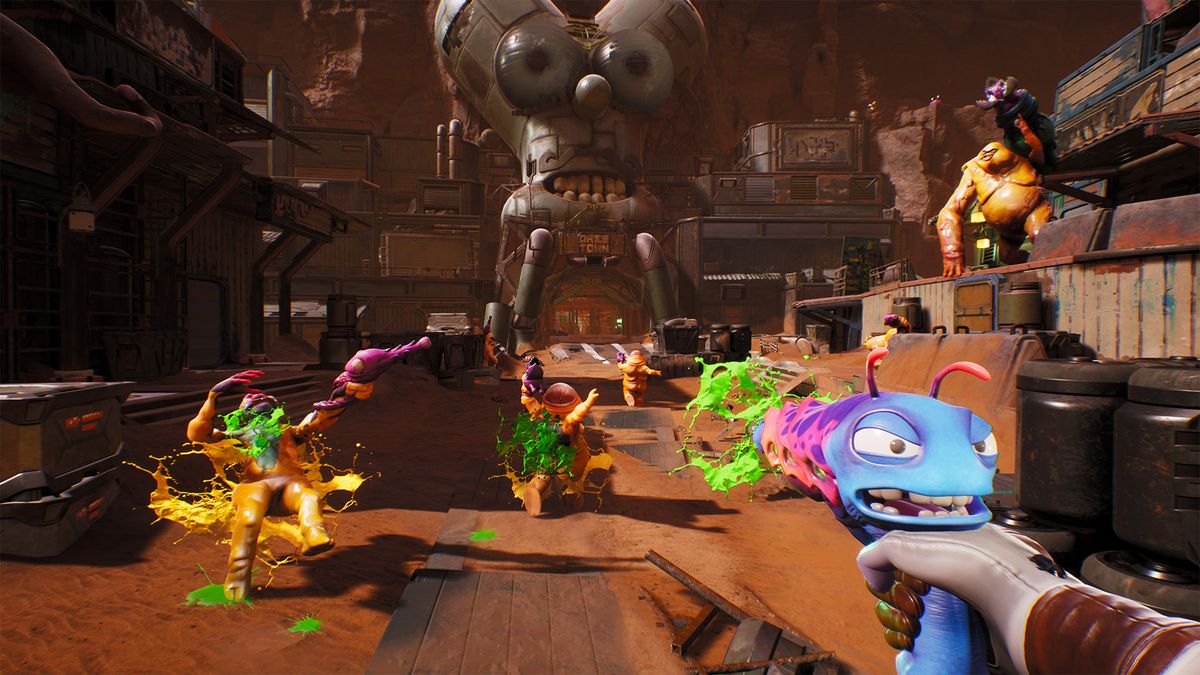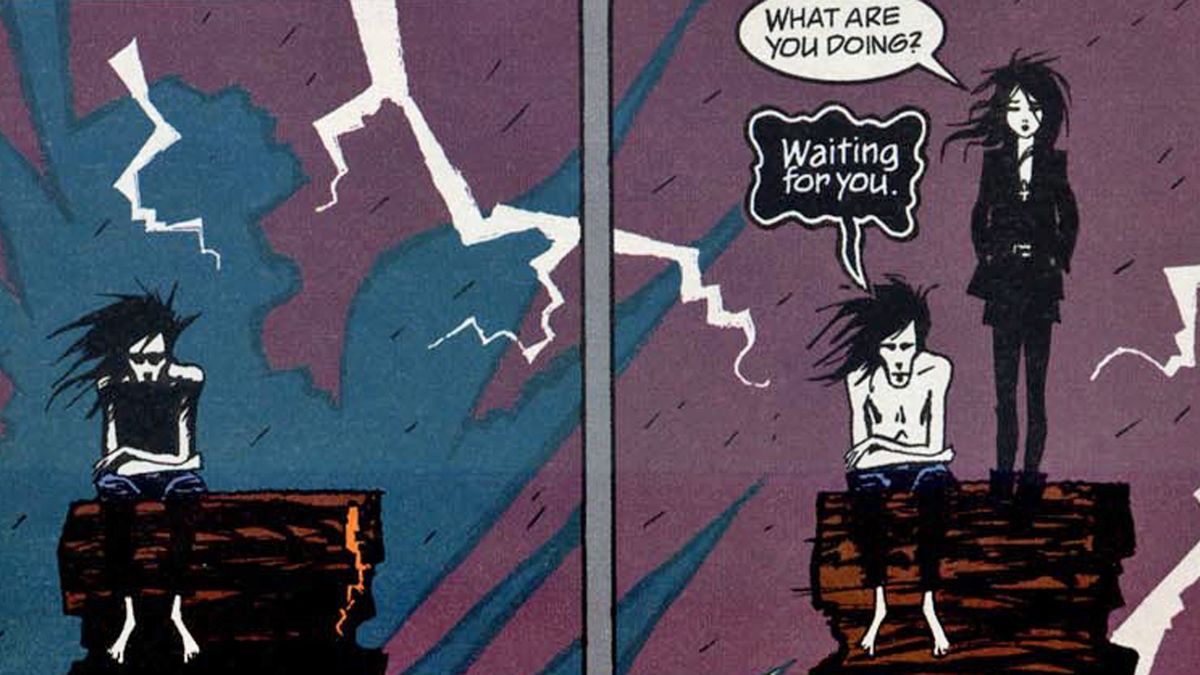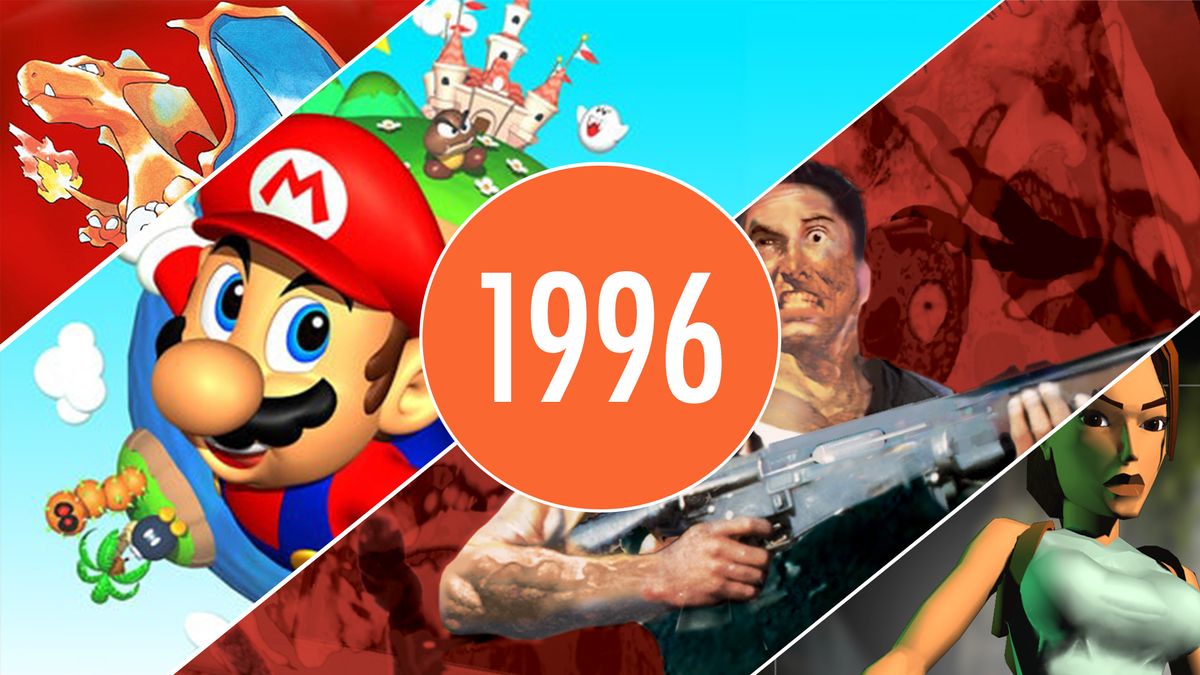
(opens in new tab)
Radio 4’s star-studded adaptation of Neil Gaiman’s Neverwhere was previewed for the press earlier this week with a panel that included Natalie Dormer, Bernard Cribbins and the author himself. The radio play, which features stars such as James McAvoy, Christopher Lee and Benedict Cumberbatch, tells the story of Richard Mayhew, a young Scot who finds himself on a quest through London Below: a version of the capital where its landmarks take on a new life.
Gaiman, who turned its tepid TV beginnings into a beloved novel, spoke to SFX after the panel and was candid in his disappointment of the story’s origin.
“I think if I’d loved what we achieved on TV, I would never have written a novel. The novel for me existed because I was dissatisfied and disgruntled by the TV version. There was some beautiful performances but it wasn’t the thing that I wanted it to be. I think everything was ahead of its time. I remember interviewing directors for Neverwhere back in 1996, and having them say things like, ‘Well, it’s fantasy, so it’s for children,” and I was going. ‘Well, no.’ We were simply maybe four, five years ahead of our time. The people who could’ve made it and who had grown up on things like Neverwhere were still at film school.
“What is wonderful about doing it on radio,” he continues, “is that this is the equivalent of having our 300 million budget. There’s nothing we can’t do just because we’re on radio. And with [director] Dirk Maggs, and the sound-scape, I’m listening to it and thinking ‘this is the equivalent of the Lord Of The Rings movie’ or something.”
Pleased with the work Dirk Maggs, who famously adapted Douglas Adams’ Hitchhiker’s Guide To The Galaxy, had done, Gaiman said he had no desire to adapt the story himself because “there comes a point where you have to stop writing Neverwhere or you might turn into your own word processor.
“I’ve done it as a BBC TV series, as a novel and then did three different versions of the novel,” he continues. “And then I spent several years writing movie versions of it for Hollywood, then one day I said ‘I’m done.’ And I stopped writing Neverwhere and it was hard. Except right now I’m writing my very first Neverwhere short story ever, and my first return to Neverwhere since I first wrote it. It’s a novella called ‘How the Marquis Got His Coat Back’.”
Oceans At Seven
Gaiman is a busy man. As well as that short story, he has also written a new episode of Doctor Who , a prequel for the 25th anniversary of the Sandman series and new adult novel, The Ocean At The End Of The Lane . He gave us a taster for the latter, which he says is his most personal novel yet.
“It begins 40 years ago, where our narrator was seven years old and the family lodger stole their car, and commits suicide in it, and stirs up some very dangerous things that were not meant to have been stirred up and putting our narrator at risk. But, you know, he has a chance of survival through the three ladies that live in a farm at the end of his lane. The youngest of them, Letty who’s 11, says that her duck pond is the ocean, and she claims they came across that ocean a thousand years ago. And her mother says she’s from ‘the old country’. And her grandmother – who may not be able to remember the big bang – says she can remember when the moon turned up. They’re very very old, very strange, weird, magical… But it’s also a very weirdly realistic attempt at writing a novel about what it was like to be seven years old at 1968.
“The narrator is sort of me. The family isn’t quite my family. I’ve taken lots and lots of liberties just in order to have a plot, and also it would’ve been terrible to do the things that I do to this family! So, it’s not really my family, but the landscape is the landscape I grew up in. So it’s a very weirdly personal thing. It began as a short story just for my wife [Amanda Palmer] to say: ‘You’ve asked what it was like when I was a kid, this is sort of what I was like. This is kind of what the world looked like through my eyes.’ And then it just grew into this big weird thing.”
Neverwhere begins on Radio 4 on Saturday 16 March at 2.30pm.
Stephen Kelly
 Game News Video Games Reviews & News
Game News Video Games Reviews & News



